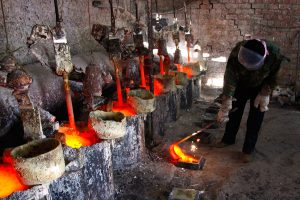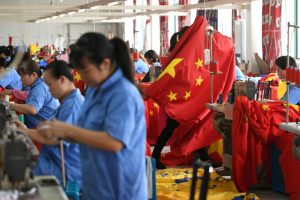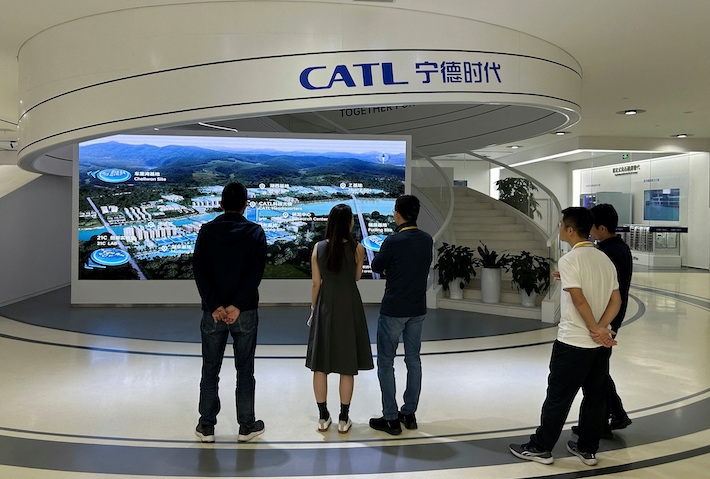The World Health Organization has warned that China’s great Lunar Holiday migration risks inflaming the Covid wave already sweeping across the country and derailing its nascent economic recovery.
With scant official data from China, the WHO said it would be challenging to manage the virus over a holiday period considered the world’s largest annual migration of people.
The Lunar New Year holiday, which officially starts on January 21, comes after China last month abandoned a strict anti-virus regime of mass lockdowns that had prompted widespread frustration and boiled over into historic social unrest.
Also on AF: Japan, US Say China ‘Greatest’ Challenge, to Mull Chip Curbs
That abrupt U-turn unleashed Covid on a population of 1.4 billion which lacks natural immunity, having been shielded from the virus since it first erupted in late 2019, and includes many elderly who are not fully vaccinated.
The outbreak spreading from China’s mega-cities to rural areas with weaker medical resources is already overwhelming some hospitals and crematoriums.
More than two billion trips are expected across China over the broader Lunar New Year period, which started on January 7 and runs for 40 days, according to the transport ministry. That is double last year’s trips and 70% of those seen in 2019 before the pandemic emerged in the central Chinese city of Wuhan.
The WHO and foreign governments have criticised China for not being forthright about the scale and severity of its outbreak, which has led several countries to impose restrictions on Chinese travellers.
China has been reporting five or fewer deaths a day over the past month, numbers that are inconsistent with the long queues seen at funeral homes.
South Korea, Japan Visa Row
Although international health experts have predicted at least a million Covid-related deaths this year, China has reported just over 5,000 since the pandemic began, a fraction of what other countries have reported as they removed restrictions.
Looking beyond the death toll, investors are betting that China’s reopening will reinvigorate a $17 trillion economy suffering its lowest growth in nearly half a century.
That has lifted Asian stocks to a seven-month peak, strengthened China’s yuan currency against the US dollar and bolstered global oil prices on hopes of fresh demand from the world’s top importer.
But concerns about China’s outbreak has prompted more than a dozen countries to demand negative Covid test results from people arriving from China.
Among them, South Korea and Japan have also limited flights and require tests on arrival, with passengers showing up as positive being sent to quarantine.
In a deepening spat between the regional rivals, China has in turn stopped issuing short-term visas and suspended transit visa exemptions for South Korean and Japanese nationals.
- Reuters with additional editing by Sean O’Meara
Read more:
China Hits Back at Japan, South Korea over Covid Curbs
China Lunar New Year Traffic to Double Despite Covid Struggle
WHO Pleads for More China Covid Data as Beijing Slams Curbs
























